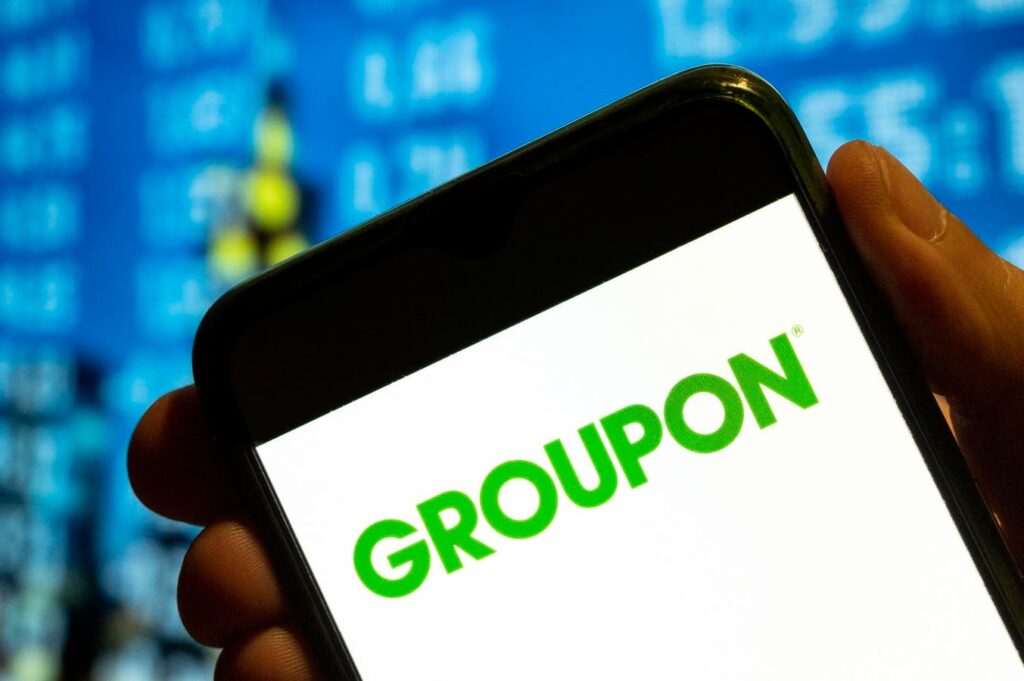News of digital neobank Chime filing paperwork for a potential 2025 public offering has left many wondering: have the IPO floodgates finally opened?
With ServiceTitan’s recent public debut fueling optimism, the question on everyone’s mind is, “Who’s next?”
Klarna and ticketing giant StubHub are among the leading contenders. There are whispers that Stripe and Revolut may enter the fray too. Despite these promising signals, expectations for a 2025 IPO boom may be overly optimistic. Here’s why.
Strong starts don’t guarantee continued success
One need not look far in recent history to trip on the remains of companies whose share price never reached their IPO heights. Groupon has lost 99% of its value since going public at an almost $18 billion market capitalization. At the time, it was the biggest IPO by a US web company since Google. Gaming company Zynga’s shares fell 70% within a year of its December 2011 IPO, which was priced at $10. More than a decade later, the company’s share price hovers below $10.
ServiceTitan’s IPO success—or lack thereof—may serve as a bellwether for other companies considering going public. A sharp decline in its stock price could cool enthusiasm, making founders and boards hesitant to risk stepping into volatile public markets. Coupled with ongoing macroeconomic uncertainties and elevated interest rates, many late-stage private companies may conclude that staying private is the safer bet, at least for now. For some, the scars of past IPO missteps loom larger than the allure of going public.
Many companies still struggle with profitability
Don’t be fooled by the eye-watering valuations in tech. Many of these hyped firms are a long way from profitability. Since private companies are not beholden to the same reporting standards as their publicly traded peers, accurate financial data can be hard to find.
Fresh off the glut of venture funding in the 2020 – 2022 boom years, many startups focused on rapid expansion in lieu of prudent management of cash burn. As their growth has plateaued, corned investors have re-evaluated their underwriting criteria. Early-stage founders today face much more scrutiny with regards to financial health and efficient go to market motions.
It took Amazon almost 7 years after going public to turn its first profit. Navigating short-term growth with the prospect of long-term profit is the delicate dance that tests even the most skilled of leaders. As companies instill discipline and guardrails around financial operations, it will likely lead to a slower trickle of firms seeking to enter the IPO landscape.
The private markets landscape has fundamentally changed
Perhaps the biggest reason why Chime’s upcoming IPO won’t open the public markets floodgate is, that the landscape has fundamentally changed. Public listings are no longer the “end all be all” for entrepreneurs. Many have accustomed to operating in successfully in the private markets. Secondary marketplaces like Forge and a rising wave of ESOP technology solutions have made accessing liquidity for private company employees easier and cheaper. No longer is a ticker symbol the sign of success.
Journalist Craig Coben illustrated this point in a recent conversation with the Financial Times, “These are big trends. These are megatrends. The growth of the private markets is a megatrend that has been in the process for several decades. It was particularly accelerated after the financial crisis. And what you find now for a lot of companies is that they see that they get better value by selling themselves privately than by going public on the stock exchange.”
Publicly traded companies are beholden to much more regulation and scrutiny than their private counterparts. To continue to succeed, leadership teams must shift their focus to managing the whims and expectations of institutional and retail investors alike. This shift is easier said than done. Many times, the teams that can lead a company to a successful public listing are not the ones best equipped to finesse the delicate relationship with equity research analysts. IPOs necessitate changes in human capital and operational direction alike. CEOs who have been used to leading private companies successfully for the last decade may wonder, why change what’s been working?
The IPO floodgates aren’t just held back by market conditions—they’re restrained by a fundamental shift in how companies perceive success. With ample liquidity options in private markets and the daunting realities of public scrutiny, many founders and boards are rethinking the need for a public listing. Chime’s IPO may spark excitement, but it’s unlikely to ignite a full-blown revival. Instead, the road to 2025 will likely be defined by select, calculated entries—proof that in today’s market, timing isn’t everything; strategy is.
Read the full article here











